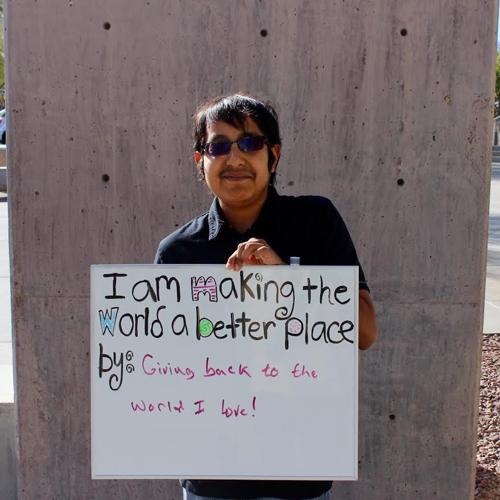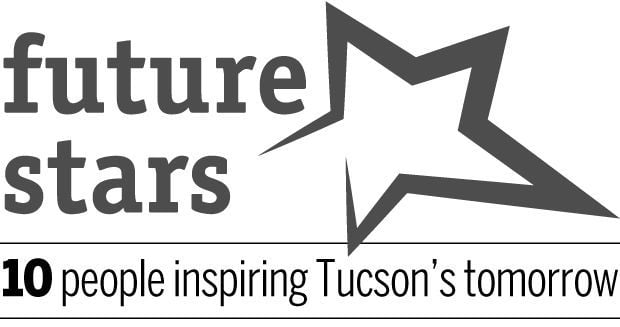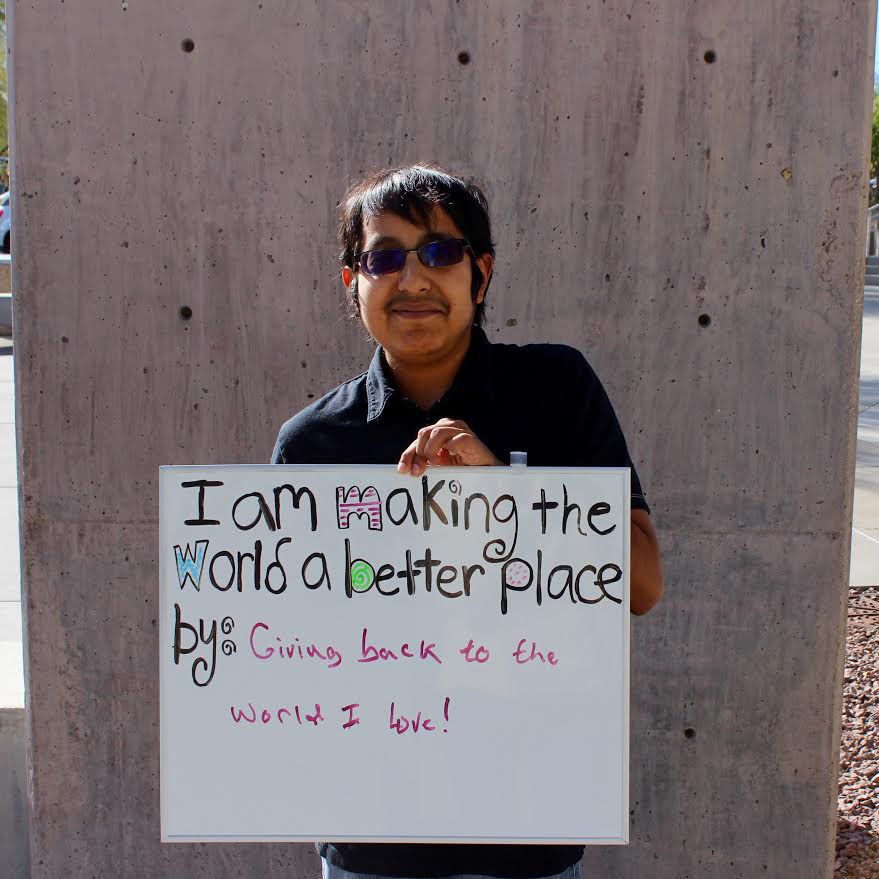As a 10-year-old diagnosed with brain cancer, Luis Yucupicio was most upset that he couldn't play outside with his friends.
He didn't realize what was happening.
The first brain tumor was diagnosed in 2003. Chemotherapy, radiation and surgery became his reality for the next six years.
"I was just a kid," says Yucupicio, now 23. "I had symptoms of a tumor, but I didn't know. I thought I hurt myself."
Until the morning he woke up with the right side of his body paralyzed.
"I flopped to the floor after I got out of bed," he says. "It numbed my tongue, and I couldn't speak."
He spent a year in chemotherapy and radiation, went into remission for several years and then relapsed.
In 2007, a new tumor was discovered, launching another round of chemotherapy and radiation.
He relapsed again in 2008 and then again in 2009.
"After the last surgery in 2009, I wasn't supposed to walk," he says. "I ended up walking while I was still in the hospital."
He has been in remission since then but the right side of his body is still mostly paralyzed. Once right handed, he has since learned how to use his left hand. A poet and writer, he found the hand switch actually improved his drawing.
"In the beginning when they told us about it, he was only 10," says Marta Yucupicio, his grandmother and an activity coordinator for a Pascua Yaqui Tribe senior center. "They told us it was a cancer that wasn't curable, and it was in his brain and that he probably wouldn't live past the age of 14."
Each relapse hit him harder, with maturity making him feel more acutely the differences in his body and the realities of cancer.
He estimates that he missed about six months of elementary school and six months of middle school, but he pushed on, doing what he could of the work sent home by teachers.
Whenever possible, he went right back to school. He missed his friends.
While a student at Mansfeld Middle School, classmates held a fundraiser with blue bracelets that had the word "Believe" and Yucupicio's first name on them. The money raised bought him a PlayStation 2 — games such as Guitar Hero kept his fingers strong.
"In elementary school and middle school, (classmates) treated me like a fragile little creature," he says. "I didn't want people afraid of me. In high school, they treated me like a regular person, not like a sick or fragile kid."
Yucupicio graduated from Tucson High Magnet School in 2011, with only his math processing skills significantly influenced by the cancer. His high school friends and family got him through, pushing him to do more, to try more, to keep going.
When people ask, he tells them he wouldn't trade his past for another.
"I wouldn't have changed," he says. "I would have been a little jerk. I took life for granted. Every day is a gift."
Yucupicio just completed his associate's degree in social services at Pima Community College this semester. He plans to devote his life to helping youth, particularly those grieving. Next, he'll head to Arizona State University's School of Social Work.
On most Mondays, Yucupicio volunteers with Tu Nidito, a local nonprofit that supports grieving children.
Yucupico was once on the receiving end of the agency's services. Now he facilitates support group sessions.
"I met some of my best friends through the hospital, and we wouldn't be the people we are today," he says of his treatment at what is now known as Banner-University Medical Center Tucson. "I lived in a bad neighborhood, so I would have turned out to be the worst. I love people. I live to help people. That is what shaped my idea of helping."
About this series

These stories feature Tucsonans 25 and younger who make us hopeful about the future.






